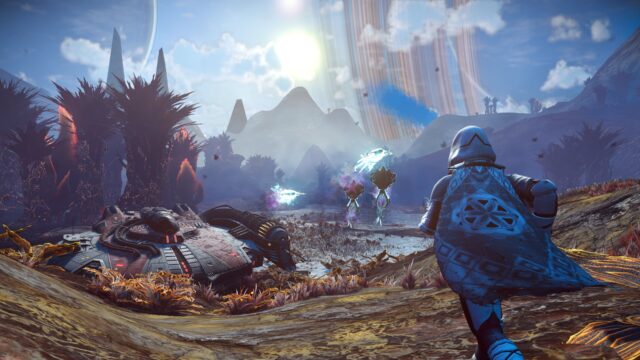Things are about to get a lot harder for builders of pretend video games who solely exist to earn money off of Steam Trading Cards for his or her video games.

Valve promised to disclose upcoming adjustments to Steam in a collection of weblog posts, every coping with one side that’s been beforehand criticised, or in some instances, exploited.
The firm kicked this off with a transparency replace to Steam’s recommendation engine that enabled Steam to let you know why a sport was or was not really helpful to you.
Today, Valve revealed the way it’s going to deal with those who exploit the Steam Trading Cards system. In quick, there’s a subset of builders who publish what Valve calls “fake games” on the shop which might be often bought for very low costs. Their intent is to make the vast majority of their earnings by the share acquired from customers buying and selling the Steam Cards related to their video games.
“These fake developers take advantage of a feature we provide to all developers on Steam, which is the ability to generate Steam keys for their games,” Valve wrote.
“They generate many thousands of these keys and hand them out to bots running Steam accounts, which then idle away in their games to collect Trading Cards. Even if no real players ever see or buy one of these fake games, their developers make money by farming cards.”
Of course, for these video games to exist, their builders should get them on Steam within the first place. This often occurs by Steam Greenlight, regardless of Valve’s crackdown on a variety of methods they used to sport Greenlight’s voting system.
“You might wonder why this is really an issue. After all, if no real players are buying their games, and their cards are being traded on the market to players who want them, where’s the harm?” the weblog put up learn.
“While there’s truth in both of these points, the problem is that these games damage something we care about a lot, because it affects all our players – the Steam Store’s algorithm,” it added.
To finish this, Valve is eradicating the financial incentive on the root of the issue. Going ahead, Trading Cards will solely drop after a sport has reached a “confidence metric” that proves it’s truly being purchased and performed by Steam customers who aren’t bots. Cards will begin dropping to all customers (together with those that performed it previous to that time) solely after reaching this milestone.
“You might wonder why the confidence metric will succeed at identifying fake games, when we weren’t being successful at using data to prevent them getting through Greenlight,” Valve went on.
“The reason is that Greenlight is used by a tiny subsection of Steam’s total playerbase, producing far less data overall, which makes it more easily gamed. In addition, Greenlight only allows players to vote and comment, so that data is narrow. Steam at large allows players to interact with games in many different ways, generating a broad set of data for each game, and that makes identifying fake ones an easier task.”
The subsequent one in all these weblog posts will lastly discuss Steam Greenlight’s alternative, Steam Direct, together with saying the publishing price Valve selected.
Source


